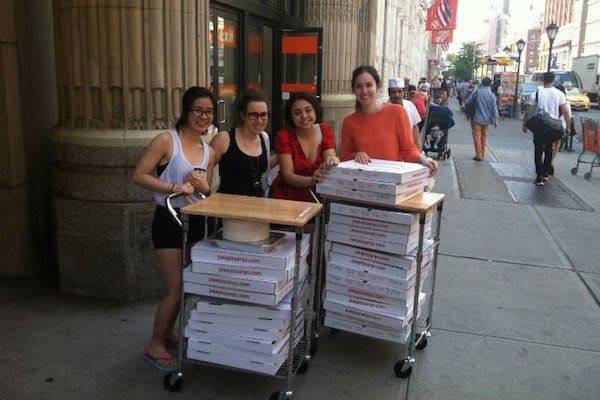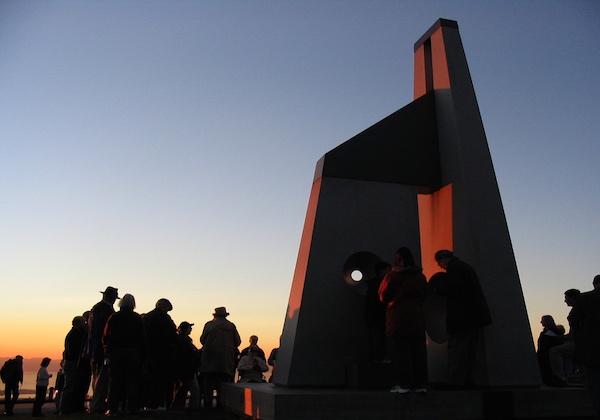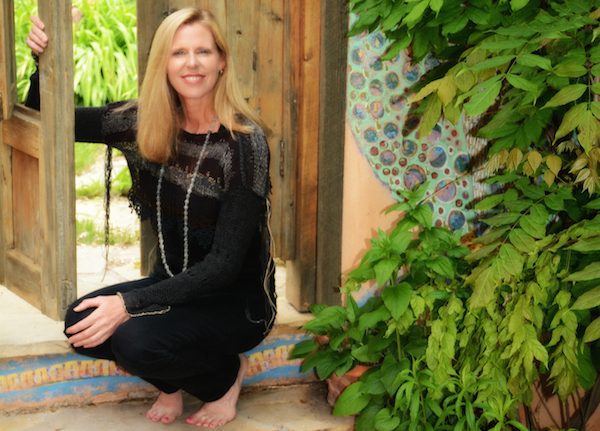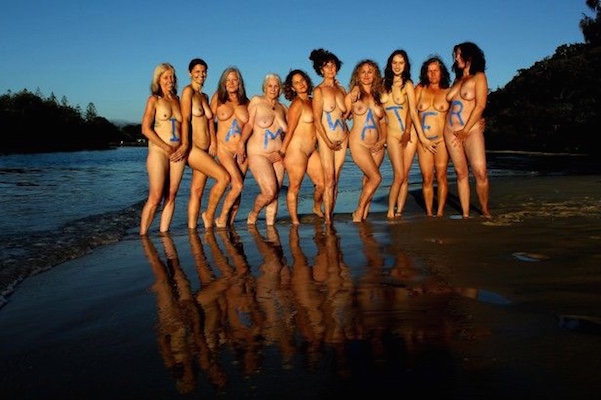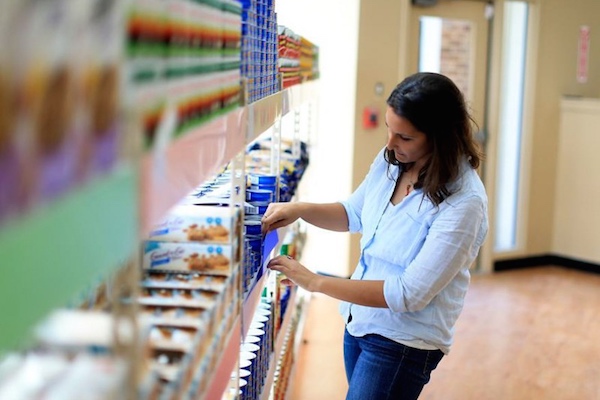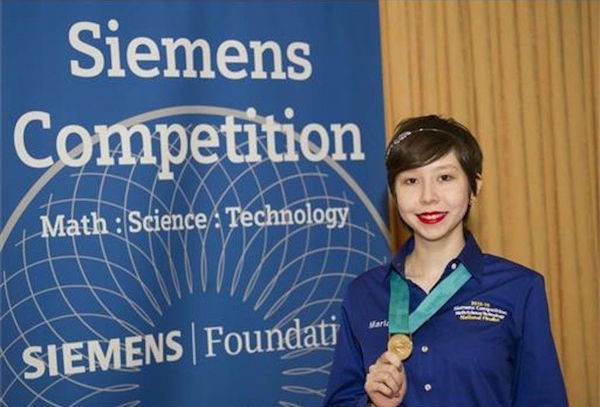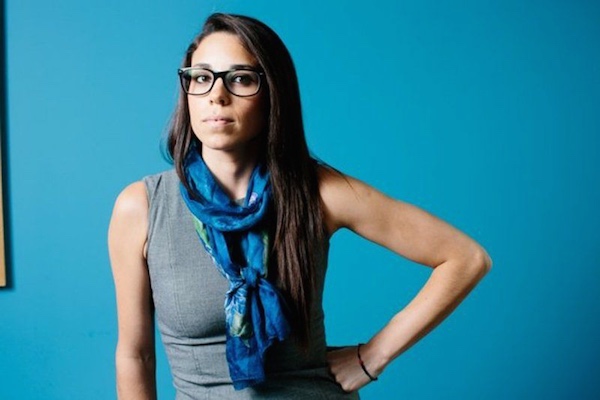Transfernation has developed a platform to deliver leftover party food to homeless shelters, connecting social institutions with corporate events to ensure that the extra food is re-purposed rather than thrown away. Food waste is as much a problem in the U.S. as the fact that millions of citizens go without meals every day. One organization aims at bridging this gap by coordinating with businesses and events who have extra food and bringing it to shelters and food banks in need. Transfernation utilizes volunteers via the SocialEffort app, reducing the amount of food that ends up in dumpsters and bringing it to people’s plates. Watch: Hunger Is An Outdated Problem Currently a Manhattan-based start-up, Transfernation began in 2013 and now has a staff of three plus some interns. Fundraisers in the month of December are hoped to expand the service to other NYC boroughs, and eventually nationwide. Shockingly, New York restaurants alone throw away a half a million tons of food per year. Samir Goel, one of the NYU seniors who founded the organization, described to Bedford + Bowery growing up in a home where plates were cleaned at every meal. He says, “And as I grew up I got really […]
Continue reading... →“Something in us needs to know that at the end of the longest night, there will be light.” In 2015, the winter solstice in the Northern Hemisphere will begin on Dec. 22 at 4:48 a.m. UTC. To calculate the turning point in your time zone, click here. Officially the first day of winter, the winter solstice occurs when the North Pole is tilted 23.5 degrees away from the sun. This is the longest night of the year, meaning that despite the cold winter, the days get progressively longer after the winter solstice until the summer solstice in 2016. The winter solstice is celebrated by many people around the world as the beginning of the return of the sun, and darkness turning into light. The Talmud recognizes the winter solstice as “Tekufat Tevet.” In China, the Dongzhi Festival is celebrated on the Winter Solstice by families getting together and eating special festive food. Until the 16th century, the winter months were a time of famine in northern Europe. Most cattle were slaughtered so that they wouldn’t have to be fed during the winter, making the solstice a time when fresh meat was plentiful. Most celebrations of the winter solstice in Europe involved merriment […]
Continue reading... →The U.N. Sent 3 Foreign Women To The U.S. To Assess Gender Equality. They Were Horrified. A delegation of human rights experts from Poland, the United Kingdom and Costa Rica spent 10 days this month touring the United States so they can prepare a report on the nation’s overall treatment of women. Human rights experts Eleonora Zielinska (Poland), Alda Facio (Costa Rica), and Frances Raday (U.K.), visited the United States in December to assess gender equality. The three women, who lead a United Nations working group on discrimination against women, visited Alabama, Texas and Oregon to evaluate a wide range of U.S. policies and attitudes, as well as school, health and prison systems. The delegates were appalled by the lack of gender equality in America. They found the U.S. to be lagging far behind international human rights standards in a number of areas, including its 23 percent gender pay gap, maternity leave, affordable child care and the treatment of female migrants in detention centers. While the U.N. delegates were shocked by many things they saw in the U.S., perhaps the biggest surprise of their trip, they said, was learning that women in the country don’t seem to know what they’re missing. The most […]
Continue reading... →A group of north coast women have put their bodies on the line, literally, in an effort to stop councils and government authorities spraying glyphosate in their weed reduction activities. Glyphosate, which was invented and is widely marketed by multinational chemical company Monsanto under the name Roundup, was named a ‘probable carcinogen’ by the World Health Organisation in March this year. This action, together with the forthcoming trial of Monsanto at the International Court of Justice next year has prompted the women to take a stand. With ‘I am water’ written on their bodies, the women are bringing attention to the protection of the essential resource from ongoing pollution with herbicides in the region. ‘Our bodies are made of water and we are one and the same as the environment. If we pollute the water with pesticides, we pollute ourselves,’ said Nadia de Sousa Pietramale, local bush regenerator and coordinator of Byron Shire Chemical Free Landcare. ‘While Monsanto will go on trial for crimes against humanity and nature, in Byron shire, glyphosate, a product developed by the company and an active ingredient of many herbicides, is still being poured into the environment where it ends up in our local rivers […]
Continue reading... →Lots of us have had a moment—a revelation, observation, or interaction—when climate change became more than a concept. What’s yours? By Liz Pleasant The other night, I was sitting in bed scrolling through Twitter when I saw the headline: “Report: Global temperature hike already halfway to ‘two degree warming’ limit.” I clicked it. The writer of the article, Brandon Miller, explained why many scientists agree that two degrees of warming is the cutoff point for “controllable” climate change, and how new reports show we’re already halfway there. On top of that, we just experienced the warmest October since observations began in 1879, and October was the sixth consecutive month to break a global temperature record. Seven of the 10 warmest months ever recorded happened in 2015. Talking about climate change isn’t new for me. I work at YES! Magazine, where we cover climate issues all the time. I read pitches on sea-level rise and sort through headlines on droughts, storms, and a fragile food system pretty much every day. But for some reason, this report really stuck with me. It scared me. I was still thinking about it the next morning while discussing coverage of the Paris climate talks with other […]
Continue reading... →17-year old Maria Elena Grimmett won the prestigious Siemens Competition in Math and Science for developing a new water purification method that can remove pharmaceutical pollutants from water. Maria Elena Grimmett was 11 when she noticed that her family’s well water was tinged brown, and she wondered why. Her curiosity sparked a six-year investigation into a new way to solve a common water pollution problem, and on Tuesday, that inquiry — conducted largely at Grimmett’s dining room table — won her a prestigious prize for young researchers and a $100,000 college scholarship. “Oh my goodness. I can’t tell you how shocked I was,” Grimmett, now 17, said outside an auditorium at George Washington University, which hosted the final round of the 2015 Siemens Competition in Math, Science and Technology. Grimmett’s initial questions about the color of her family’s water led her to learn about pharmaceutical pollution in the Florida Everglades. She was disgusted, and she wanted to help solve the problem. “I couldn’t imagine how people were letting this happen,” she said. So she settled on figuring out a new way to remove sulfamethazine, a common veterinary antibiotic used in pigs and cows, from water. Sulfamethazine contamination is common in rural areas, she said, and is helping to create antibiotic-resistant bacteria […]
Continue reading... →